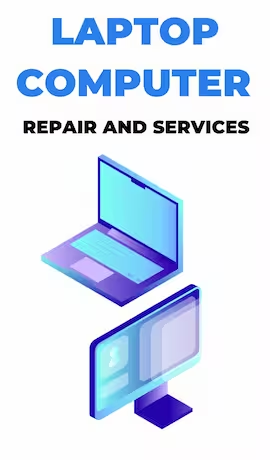e-Waste Type
We live in a world where technology is constantly advancing, leading to a growing concern for electronic waste.
Small Household Appliances
If you can imagine a large electronic device, you can also imagine smaller ones like hair dryers, fryers, and weaving machines.
ICT and Telecommunication Equipment
The ICT sector is the largest contributor to the global e-waste crisis, despite being one of the fastest-growing segments of the global economy.

Large Household Appliances
Let's start by identifying the electronic items in your home that are of large size. This could include everyday appliances such as freezers, cookers, air conditioners, radiators, fans, and many others.
Medical Equipment
Many people are unaware that medical waste includes electronic equipment. When the amount of waste is calculated, it includes equipment used for injury, treatment, prevention, and detection activities.
